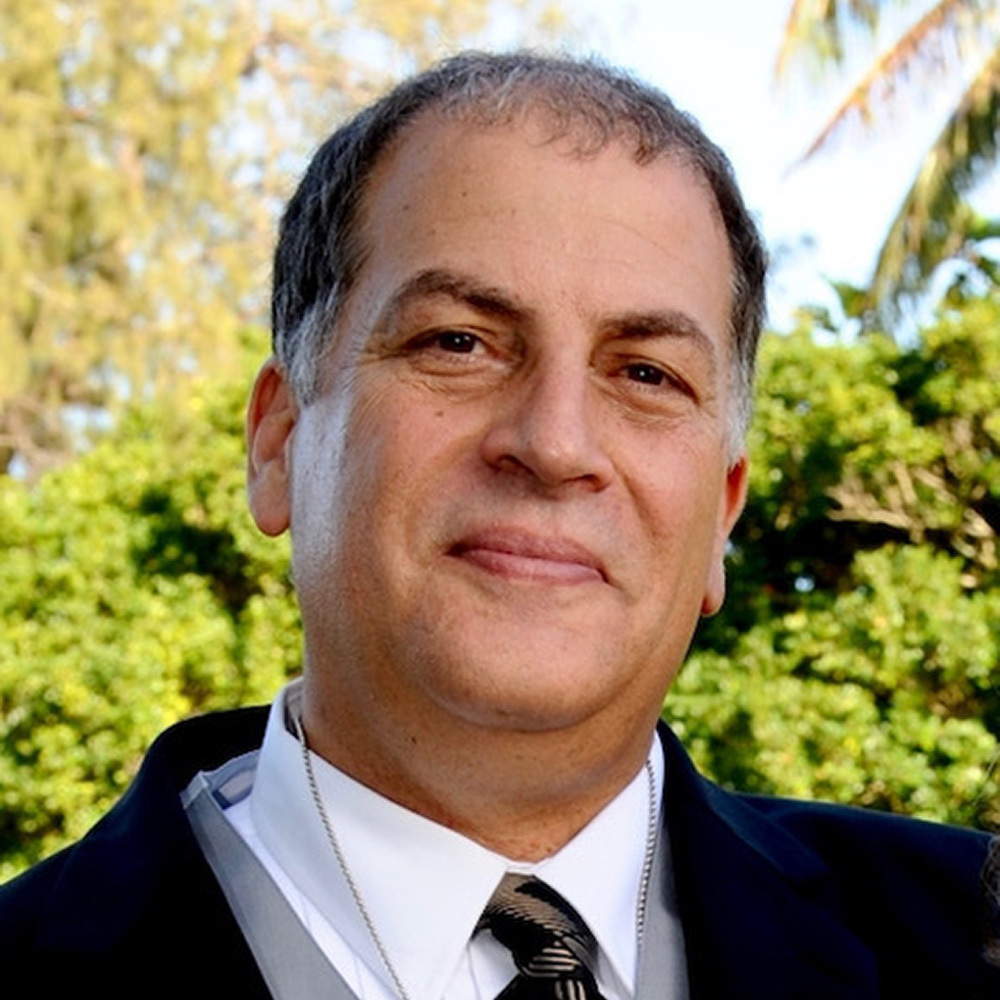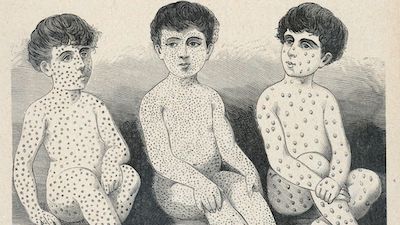When the nomination of Robert F. Kennedy, Jr. as Health and Human Services Secretary comes before the Senate, the specter of the Samoan measles outbreak of 2019 will dramatically be invoked to challenge him. Kennedy’s critics have repeatedly relied on this topic, citing stories that claim he was responsible for an epidemic in 2019 that caused at least 83 children to die due to vaccine hesitancy. In recent articles, reporters quote previous news coverage relying on unsubstantiated and minimal data to justify their analysis.
These stories repeat dubious assertions, fail to discuss any pathological analysis, and dismiss Kennedy’s considered support of healthcare in Samoa. He had assisted the Samoan government in developing a system for health officials to assess the efficacy and safety of medical interventions or drugs, including vaccines.
In November 2019, while the deaths of Samoan children were rapidly increasing, Kennedy wrote a comprehensive letter to the Samoan Prime Minister, presenting some possible causes of the unprecedented, virulent outbreak of measles. His concerns about the epidemic in Samoa highlight striking anomalies that were apparent to a few investigators at the time, although they remain unexplained.
The most convenient and generally accepted explanations of the outbreak claim the epidemic was the result of hesitancy, causing the population to be under-vaccinated. Measles vaccination rates were low due to the previous deaths of two infants given improperly formulated injections, which had nothing to do with Kennedy’s views.
Any considered analysis of the accessible facts soundly contradicts the conjecture that the high death count was related to low vaccination rates.
In past measles epidemics, dying children were often malnourished or immunocompromised. No deaths from measles have occurred in the U.S. in the last five years. From October through December of 2019, 1.5% of Samoan children with the disease died — over one in a hundred — at a minimum, tenfold more deaths than any previous outbreak in recent years. No accounting for this overt statistical deviance has been published.
Despite the presumptions of those who attack Kennedy, there was never any investigation into any aspect of this baffling tragedy. Edwin Tamasese, a health advocate who questioned Samoan government policies during the outbreak, gave Kennedy some insight into what was happening.
Tamasese was concerned about the number of sick and dying Samoan children and began to assist families whose children were severely ill. He and his colleagues encountered conditions that contradicted the government’s narrative.
While the press condemned him as an anti-vaxxer, Tamasese’s interventions and observations are revelatory. In an interview after the outbreak subsided, he said, “We were very careful to take statistics when we were going in to try to identify trends. When we assessed our numbers, 98 percent of those who were getting ill had been vaccinated consistently six to seven days prior to illness. The excuse was that the vaccine did not have time to become effective. However, according to an immunologist on the team, the six to seven-day period was also the length of time it would take an under-attenuated vaccine to make the recipient sick.”
The MMR vaccine is a live, attenuated vaccine that contains weakened live strains of measles, mumps, and rubella (German measles).
Doctors in hospitals also reported that the very ill and dying children did not have symptoms consistent with normal cases of measles. When the outbreak began, blood from the first thirty-nine cases had been sent to Australia; only seven samples were positive for measles.
The government stopped testing to confirm the cause of these deaths in early November 2019. Without scientific confirmation, illness and mortality were attributed to low immunization rates. Samoan health authorities continued to claim that the only remedy for the deadly epidemic was a drive to increase vaccination; however, the campaign appeared to increase the number of measles cases.
Neighboring Pacific island countries, Tonga and Fiji, which had concurrent outbreaks of the virus — and had a different source of the measles vaccine — did not suffer the same dramatic mortality rates. This should have raised concerns, yet there hasn’t been an inquiry into why the Samoan government switched vaccine sourcing from India to Belgium midway through the crisis.
A renewed effort to vaccinate with this alternate supply began in the first week of December 2019; it was hailed as the reason the outbreak subsided. Measles vaccines take at least 10 days before creating an immune response. There has been no explanation for the data confirming that the onset of cases dropped dramatically two weeks before this vaccination drive could have had any effect.
The government response was not driven by factual analysis; the effort focused on promoting the vaccine and silencing those questioning authority.
With Samoan officials and the press deriding his work and views, Tamasese was arrested and charged with incitement of a government order and treating children without a license. Although this was deemed appropriate justice by the international news media as they echoed the government’s praise of the vaccine, reporters again failed to present the questions raised by the outbreak.
The prosecution’s primary witness against Tamasese was a nurse whose child had measles. He had suggested that administering vitamins A and C could be helpful — and standard medical treatment for measles patients. She had taken his advice and admitted that her child recovered soon afterward.
Tamasese reported that when the nurse left the courtroom, the judge, in throwing out the case, said, “That witness may as well have represented the accused.” There was relative silence from the news media when all charges against him were dismissed.
While worldwide attention on Samoa ignored dramatic inconsistencies, Kennedy was one of the few people who asked detailed and important questions. His views were marginalized; it was easier and politically correct to blame the tragedy on low rates of vaccination.
The relatively few details known about the Samoan measles outbreak indicate that forces intent on presenting vaccines as an infallible, unquestionable remedy will not tolerate scrutiny or admit failures. This continuing devious tactic is applied internationally and is eagerly supported by most governments and the press.
Analysis of the Covid-19 pandemic has only recently vindicated those who were scorned for questioning the response. The parallels to the unfolding of the epidemic in Samoa are not obscure, and support Kennedy’s contention that vaccine development, manufacturing, and application need much more effective evaluation and monitoring to prevent complications and death.
When the US government assures the public that any vaccine or medication is safe and effective, this must come from an independent, thorough, and transparent process, rather than relying only on the words and actions of those with vested interests.
The current criticism of Kennedy is an endeavor to make him look dangerously ignorant and irresponsible to sway members of the Senate. Much to the chagrin of those who vilify him, his efforts to understand and assist in the Samoan measles outbreak exemplify his thoughtfulness and capabilities.
RFK, Jr. is at the forefront of healthcare oversight; his confirmation as HHS Secretary will ensure that Americans benefit from his experience and knowledge.
Published under a Creative Commons Attribution 4.0 International License
For reprints, please set the canonical link back to the original Brownstone Institute Article and Author.
Author
 David MarksDavid Marks is a veteran investigative reporter and documentary producer. He has made films for PBS Frontline and the BBC, including Nazi Gold, which challenged the assumption of Switzerland’s neutrality in WWII.
David MarksDavid Marks is a veteran investigative reporter and documentary producer. He has made films for PBS Frontline and the BBC, including Nazi Gold, which challenged the assumption of Switzerland’s neutrality in WWII.
